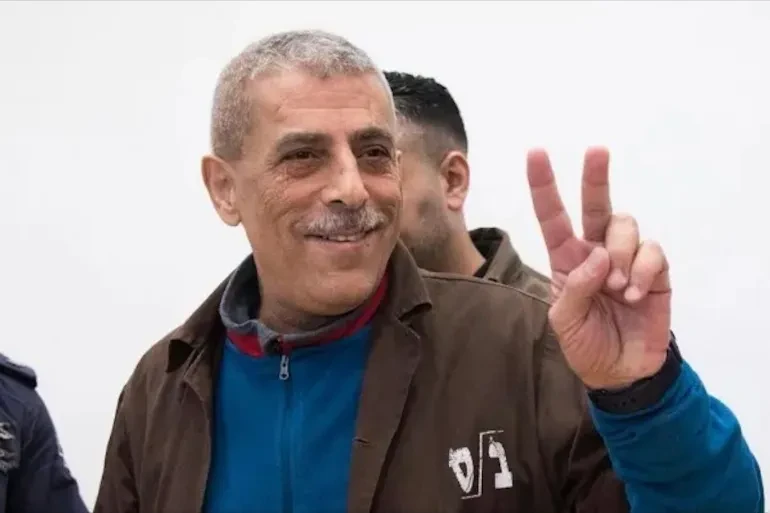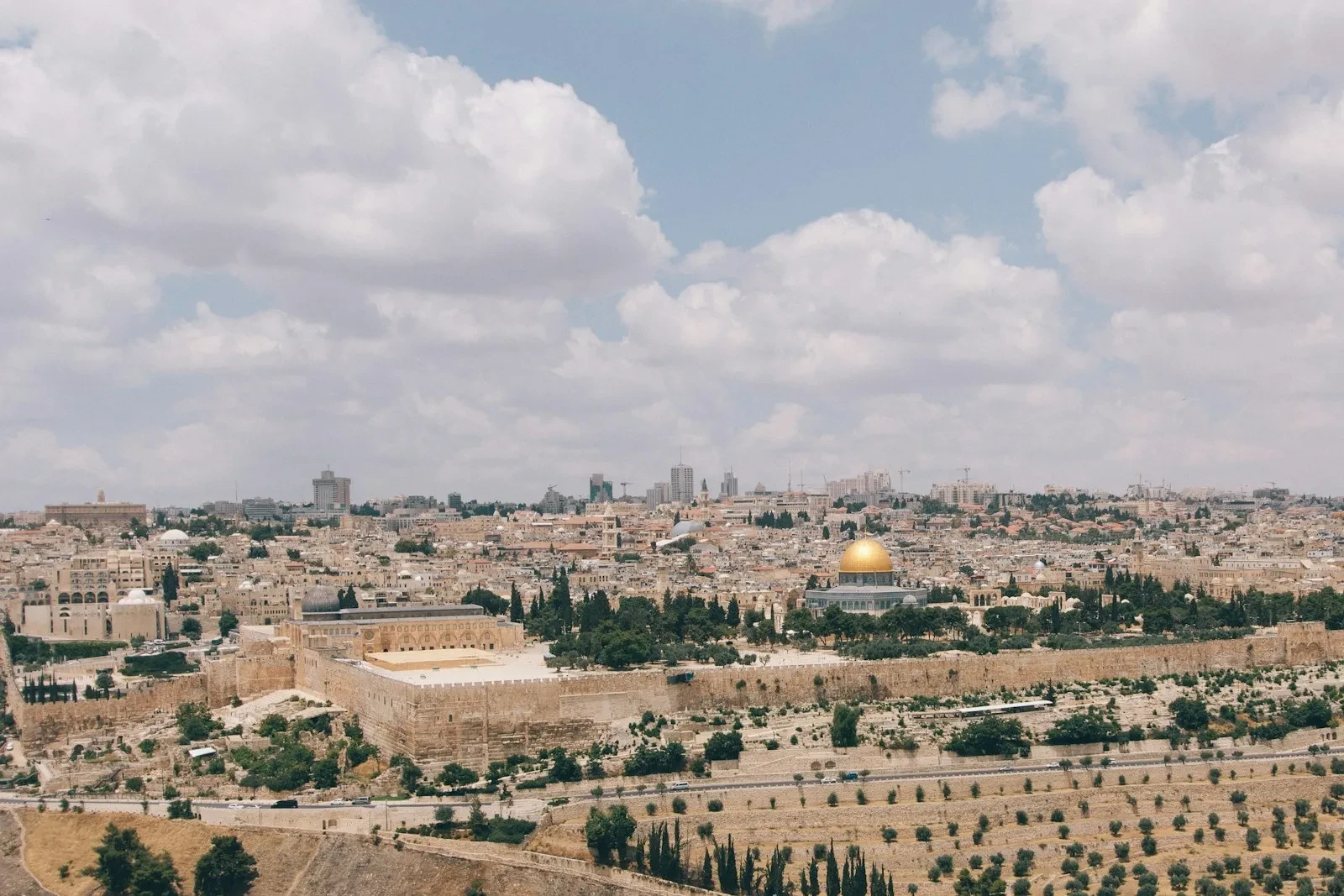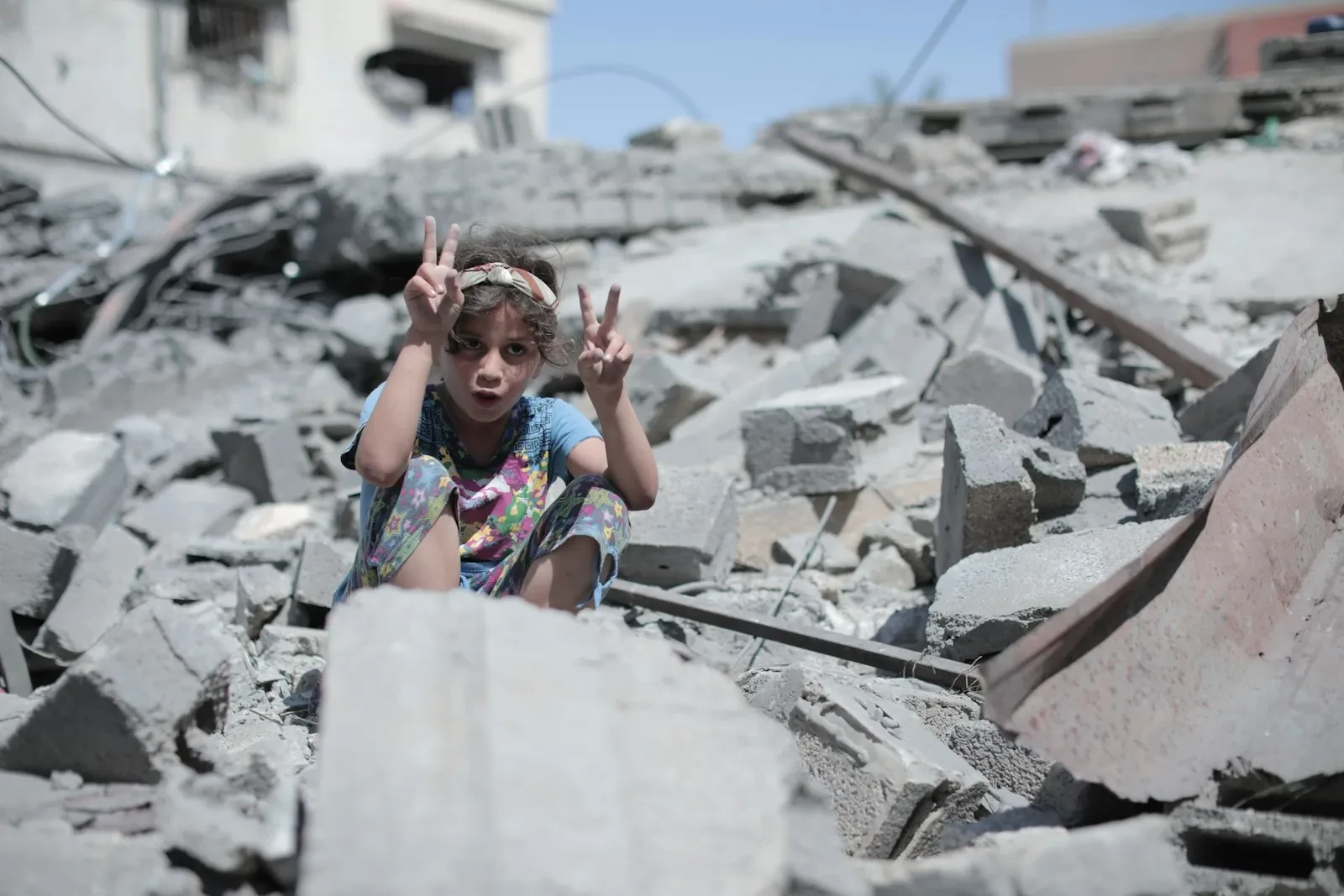jfid – Walid Daqqa, a novelist and Palestinian activist, has spent nearly four decades of his life behind bars.
His story is one of struggle, resilience, and defiance against oppression. Here is his full story.
Who is Walid Daqqa?
Walid Daqqa is a Palestinian novelist and activist known for his writings and activism.
He was born in the city of Baqa al-Gharbiyye, a predominantly Palestinian city located in Israel near the occupied West Bank.
Why Was He Imprisoned?
Daqqa was arrested in 1986 and sentenced to 37 years in prison for his involvement in the killing of an Israeli soldier.
He was supposed to be released in February 2023 after serving his sentence, but his sentence was extended for two more years on charges of smuggling a mobile phone into the prison.
Life in Prison
During his time in prison, Daqqa showed a defiance towards the Israeli prison authorities. Despite suffering from cancer, he maintained a spirit of resistance.
In 2020, he successfully smuggled sperm out of the prison to impregnate his wife, Sana Salameh. Salameh gave birth to their daughter, Milad, in 2020.
His Health
Daqqa was diagnosed with advanced-stage bone marrow cancer in December 2022 and was deemed in need of an urgent transplant, but he had not undergone the transplant yet.
On May 22, Daqqa was transferred to the intensive care unit at Assaf Harofeh Hospital in southern Tel Aviv due to further health complications.
However, three days later, Israeli authorities moved him back to Ramleh prison clinic in Israel, known for its harsh conditions, despite calls from human rights groups to keep him hospitalized for constant monitoring and treatment if he wasn’t released.
The End of the Story
Walid Daqqa passed away from terminal cancer in an Israeli prison on Sunday. He was 62 years old. His family and human rights activists had repeatedly appealed to Israeli authorities for his early release, but all appeals were rejected.
The story of Walid Daqqa reflects many other stories of Palestinian prisoners’ suffering in Israeli jails. These stories highlight the need for greater international attention to this issue.












